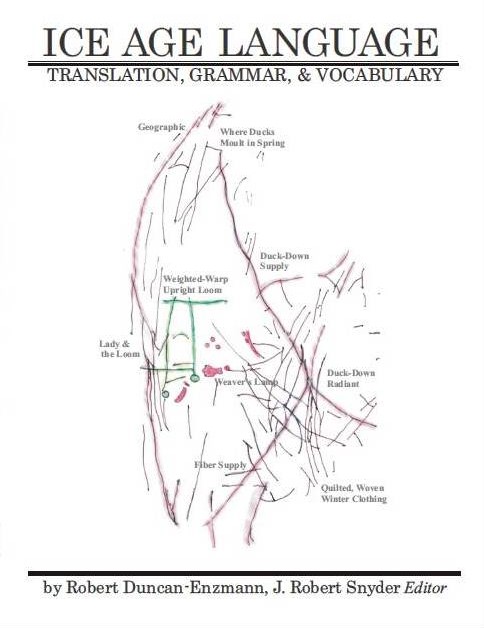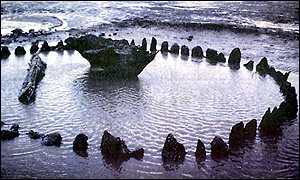Edmund Devine
The Enzmann Archive contains the life’s work and research of Dr. Robert Duncan-Enzmann. His translations of Ice Age inscriptions, published in 2003, opened the door to a broader understanding of our ancient and prehistoric past. As History Research Editor for FREA, I work with documents and timelines that range from the dawning of the universe to current events. Enzmann was in the process of combining all known timelines into one comprehensive work – from the history of astronomy to the history of zoo-ology – a herculean task.
Around the globe, interest in history is fading. Some believe history to be unacceptable and evil, something to be destroyed. As many a high-school student will tell you, and as you may remember from your own years in school be it secondary or higher education, history was both a pivotal and equally boring affair.
For me history was and still is a gateway into understanding human thought and emotion, why things are the way they are today, and what will tomorrow be like given the facts of today. The single biggest thing to me when I was in high school was finding out that everything you do today will become history tomorrow. The fact that we as a society seem to relegate the past as something to be dwelt upon only when we are in crisis is downright foolish in my eyes.
So you may ask: why history? Why is it so important to our society, to humanity, and to our future? To elaborate upon this let’s use a simple mental exercise. In many eastern societies and in some proto-western ones the concept of ancestor veneration was and still is practiced. Offerings of various kinds are proffered to the dead spirits of the distant familial past to placate them and ask for assistance and guidance over the family that is still in the world of the living. Why is this important? What does this do? Do these spirits exist? That is a personal decision. One thing this veneration does is make the venerated ones functionally immortal in the eyes of those they have departed from. Even if they are your fourth or fifth-generation departed grandfather, a part of their memory, and thus a part of themselves is still with you. History is like this, we remember and study it, because we can study and improve ourselves, our lives, and our world from the past actions of our ‘global ancestors’. This is the true importance of history. It is not simply remembering ‘random facts’ or knowing ‘cool historical events’, it is about having a more complete understanding of the way humanity has survived throughout the millennia, and from history we gain wisdom as to how we shall continue to survive for millennia to come.
In conclusion the use of the Enzmann Archive, and in particular all historical documents and the stories of our racial ancestors are more important in the age of instant knowledge than ever. We are closer than any other generation of mankind to having nigh-on instantaneous access to the annals of human history, FREA is important in that aspect because it is information currently unpublished and unseen by millions of individuals in the fields it reflects upon that could and would benefit greatly from its reservoir of knowledge.




